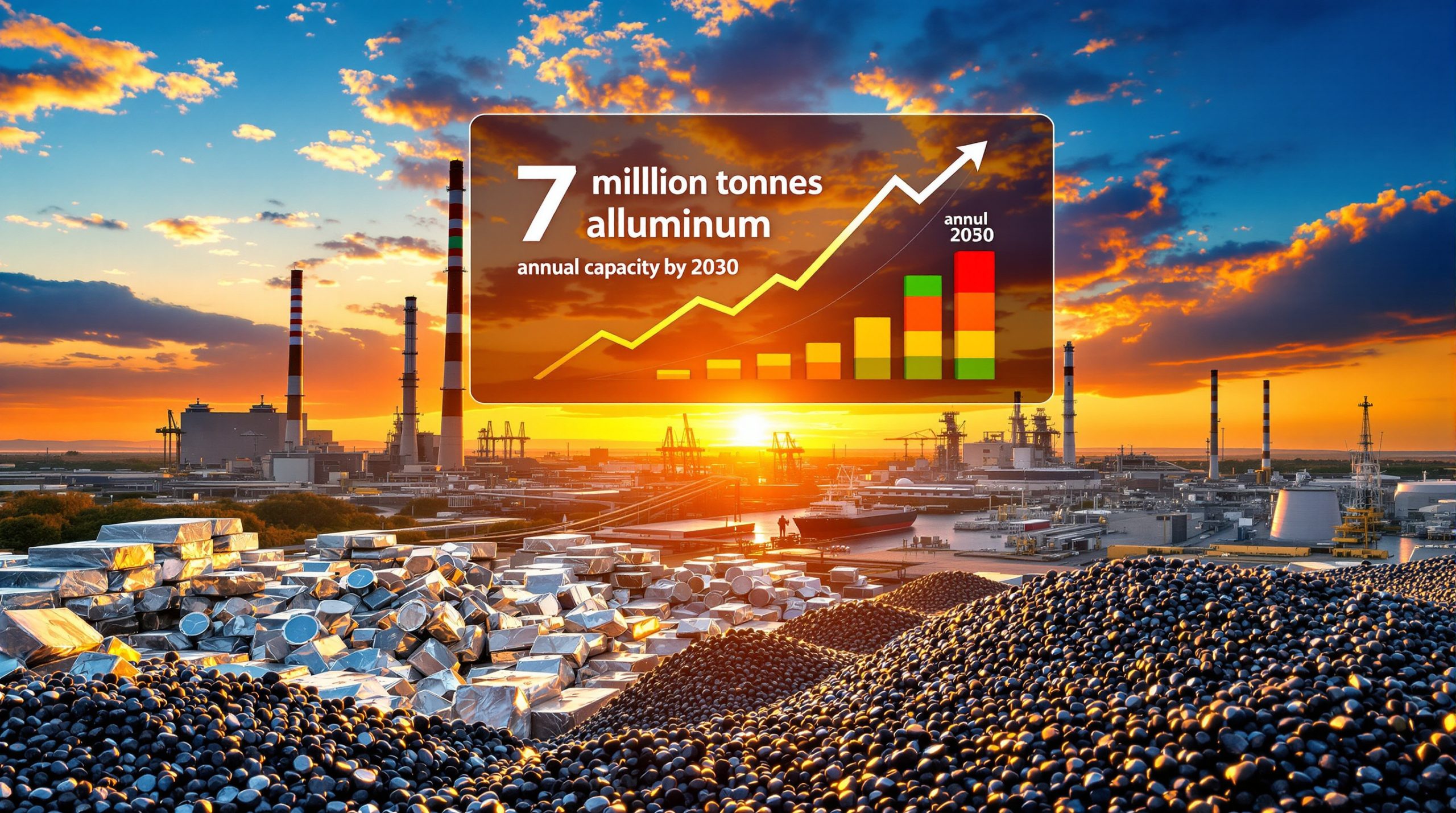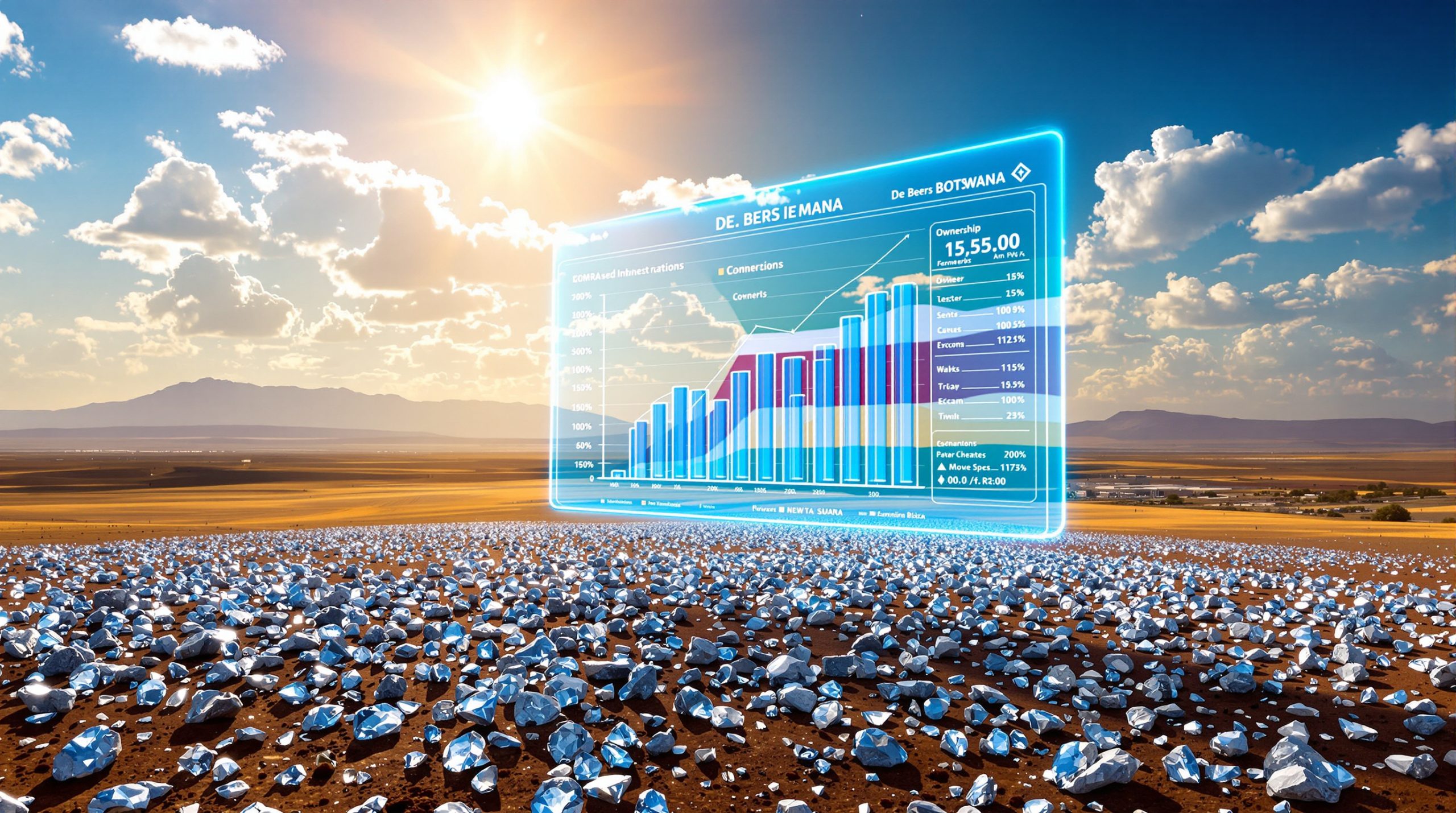Understanding the Current Precious Metals Market Dynamics
The precious metals landscape has experienced seismic shifts in 2025, with gold $4k silver squeeze dynamics reshaping market fundamentals and investor behaviour. This transformation reflects more than cyclical price movements—it signals fundamental changes in global monetary dynamics, supply-demand relationships, and institutional allocation patterns.
Market participants are witnessing conditions rarely seen in modern precious metals trading. The convergence of monetary policy uncertainty, physical supply constraints, and structural demand shifts has created an environment where traditional valuation metrics may no longer apply. Understanding these dynamics becomes crucial for investors navigating this unprecedented territory.
What's Driving Gold's Historic Surge Past $4,000?
Central Bank Reserve Diversification Patterns
Gold's ascent beyond $4,146 per ounce represents a fundamental shift in global monetary architecture. Central banks worldwide are accelerating their diversification away from dollar-dominated reserves, with emerging market institutions leading this accumulation trend. This institutional demand creates a structural floor beneath current price levels, distinguishing the current surge from previous speculative episodes.
The scale of central bank purchases in 2025 has reached levels not witnessed since the 1970s monetary system transformation. Furthermore, this institutional buying provides sustained upward pressure on gold prices, regardless of short-term market fluctuations or technical corrections.
Federal Reserve Policy Implications
Anticipation of Federal Reserve interest rate cuts has fundamentally altered the precious metals investment calculus. Lower interest rates reduce the opportunity cost of holding non-yielding assets like gold, making them increasingly attractive relative to traditional fixed-income alternatives.
Key monetary policy factors supporting gold:
- Expectations of prolonged accommodative policies
- Real interest rates remaining negative or near-zero
- Currency debasement concerns among institutional investors
- Inflation hedge demand despite official statistics
Technical Resistance and Support Framework
| Price Level | Technical Significance | Market Implications |
|---|---|---|
| $4,200-$4,300 | Primary resistance zone | Breakout potential targets |
| $4,000-$4,050 | Psychological support | Critical floor level |
| $3,800-$3,900 | Previous breakout area | Major correction target |
| $3,500-$3,600 | Long-term support | Extreme downside scenario |
How Severe Is the Current Silver Market Squeeze?
Physical Market Backwardation Signals
The silver market squeeze is experiencing extreme backwardation, where immediate delivery commands significant premiums over future contracts. London silver borrowing costs have exceeded 39% annualised rates—a clear indication of severe physical supply stress. This rare market condition suggests that available silver inventories have reached critically low levels.
Backwardation in precious metals markets typically signals either supply disruptions or explosive demand growth. In silver's case, both factors appear to be operating simultaneously, creating an unusually tight physical market environment.
Industrial Demand Transformation
Silver's dual nature as both monetary metal and critical industrial commodity has intensified supply pressures beyond traditional precious metals dynamics. Solar energy expansion continues driving unprecedented industrial consumption, accounting for approximately 60% of annual silver demand. This industrial utilisation creates inelastic demand that cannot easily adjust to price increases.
Primary industrial applications driving demand:
- Photovoltaic solar panel production
- Electric vehicle battery systems
- 5G telecommunications infrastructure
- Medical device manufacturing
- Water purification technologies
Geographic Supply Bottlenecks
Physical silver availability has reached critically low levels across major trading centres. London Metal Exchange warehouses report inventory drawdowns at rates not seen since the 1970s supply crisis. These geographic constraints highlight the difference between paper silver trading and actual physical metal availability.
However, recent reports suggest some relief may be emerging from Chinese and US sources, though the underlying structural imbalances remain significant.
"The current silver squeeze reflects structural supply-demand imbalances rather than speculative positioning, creating conditions where traditional market relationships may not apply."
What Makes This Silver Market Squeeze Different from Previous Episodes?
Structural vs. Speculative Demand Characteristics
Unlike previous silver price spikes driven primarily by speculative activity—such as the Hunt Brothers episode of 1979-1980—the 2025 squeeze reflects underlying structural imbalances. Industrial applications now represent the majority of silver consumption, creating demand that persists regardless of price levels.
This structural demand differs fundamentally from investment-driven spikes, which can reverse quickly when sentiment shifts. In addition, industrial users require silver for manufacturing processes and cannot easily substitute alternative materials without significant production disruptions.
Investment Flow Dynamics Evolution
The current environment combines multiple investment catalysts operating simultaneously:
Physical ETF accumulation removing substantial quantities from available supply
Geopolitical uncertainty driving safe haven allocation increases
Currency debasement concerns encouraging hard asset ownership
Portfolio diversification away from traditional financial instruments
These flows create sustained buying pressure that reinforces the physical supply squeeze, potentially extending the duration of elevated prices beyond historical precedents.
Are Current Precious Metals Prices Sustainable Long-Term?
Gold Price Sustainability Assessment
Supporting structural factors:
- Central bank reserve diversification trends accelerating
- Persistent inflation concerns despite policy interventions
- Geopolitical risk premiums becoming permanent fixtures
- Development of dollar alternative payment systems
Potential headwinds to consider:
- Economic growth acceleration reducing safe haven appeal
- Interest rate normalisation increasing opportunity costs
- Supply response from higher-cost mining operations
- Profit-taking by early institutional accumulation
Silver Market Resolution Scenarios
| Scenario | Probability Assessment | Price Impact | Expected Timeline |
|---|---|---|---|
| Gradual supply constraint relief | Moderate likelihood | Price consolidation | 6-12 months |
| Continued industrial demand growth | High probability | Sustained elevation | 12-24 months |
| Speculative interest decline | Low-moderate chance | Correction risk | 3-6 months |
| New supply source development | Low probability | Significant decline | 18+ months |
How Should Investors Navigate These Historic Price Levels?
Physical vs. Paper Exposure Considerations
Current supply dynamics emphasise the critical distinction between physical metal ownership and paper-based exposure. Physical shortages affecting major trading centres suggest potential delivery risks for paper instruments during extreme market stress periods.
Consequently, strategic gold investment approaches should carefully consider the trade-offs between different exposure methods:
Physical ownership advantages:
- Direct control over actual metal
- No counterparty delivery risk
- Protection against market disruptions
- Portfolio insurance characteristics
Paper exposure considerations:
- Higher liquidity for trading purposes
- Lower storage and insurance costs
- Potential delivery complications during shortages
- Exposure to financial system risks
Portfolio Allocation Methodologies
Conservative allocation approach (5-10% precious metals):
- Emphasis on physical metal ownership
- Dollar-cost averaging during volatility periods
- Focus on long-term wealth preservation
- Minimal exposure to mining sector equities
Aggressive allocation strategy (15-25% precious metals):
- Combination of physical and mining equity exposure
- Tactical timing around technical support levels
- Leverage through options or futures instruments
- Active management during market dislocations
What Are the Broader Economic System Implications?
Monetary System Evolution Indicators
Simultaneous surges in both gold and silver prices suggest growing institutional scepticism about fiat currency stability. This trend parallels historical periods of monetary system transition, where precious metals reasserted their fundamental role as stores of value and mediums of exchange.
The velocity of central bank gold accumulation indicates preparation for potential currency system restructuring. For instance, these institutions appear to be positioning for scenarios where gold regains monetary system prominence.
Inflation Hedge Performance Analysis
2025 precious metals performance metrics:
- Gold: Approximately 35% year-to-date appreciation
- Silver: Roughly 70% year-to-date gains
- Combined performance significantly exceeding official inflation measures
- Real return generation despite elevated starting prices
Central Bank Behavioural Pattern Changes
Central bank gold purchases have accelerated beyond historical norms, with emerging market institutions leading accumulation efforts. This institutional demand provides fundamental support beneath current price levels, suggesting that corrections may be limited in scope and duration.
Notable central bank activity:
- Monthly purchase volumes exceeding 2023 levels by 40%
- Emerging market institutions leading accumulation
- Developed nation banks reducing dollar reserve percentages
- Coordinated diversification away from traditional assets
What Technical Levels Should Market Participants Monitor?
Gold Technical Framework Analysis
Gold market performance 2025 has been characterised by strong momentum, but technical analysis suggests key levels to watch:
Immediate resistance targets: $4,200-$4,300 range represents primary short-term obstacles
Critical support levels: $4,000 psychological threshold, $3,800 previous breakout confirmation
Long-term projection targets: $4,500-$5,000 range if current momentum sustains
Extreme correction scenario: $3,500-$3,600 represents maximum downside risk
Silver Critical Price Thresholds
Historic resistance zone: $52-$55 approaching 1980 inflation-adjusted highs
Current support framework: $48-$50 range provides near-term floor
Squeeze resolution risk: $42-$45 if supply conditions normalise rapidly
Breakout targets: $60+ if industrial demand continues accelerating
When Might Market Conditions Return to Historical Norms?
Supply Response Timeline Considerations
Mining operations typically require 18-24 months to meaningfully increase production in response to sustained higher prices. However, silver's industrial demand profile may limit supply elasticity compared to traditional precious metals cycles.
Supply response challenges:
- Environmental permitting delays extending development timelines
- Capital allocation constraints limiting expansion projects
- Grade decline trends requiring increased processing volumes
- Geopolitical risks affecting major producing regions
Demand Sustainability Long-term Assessment
The durability of current price levels depends largely on whether underlying economic uncertainties persist or resolve. Successful resolution of geopolitical tensions combined with effective inflation control measures could reduce safe haven premiums substantially.
Demand sustainability factors:
- Industrial silver requirements showing structural growth
- Investment flows maintaining elevated allocation percentages
- Central bank accumulation patterns becoming institutionalised
- Currency system evolution supporting monetary metal demand
Conclusion: Positioning for Unprecedented Market Territory
The 2025 precious metals surge represents a unique confluence of factors rarely observed simultaneously in modern financial markets. The combination of gold $4k silver squeeze dynamics creates investment conditions that challenge traditional valuation frameworks and risk assessment models.
Gold price forecast 2025 models suggest continued upward pressure, whilst the silver market squeeze impact extends far beyond precious metals into broader financial system considerations.
While historic price elevations suggest prudent caution, the underlying structural drivers may support sustained price levels beyond conventional metrics. Investors should focus on distinguishing between cyclical price movements and fundamental market structure shifts, positioning appropriately for continued volatility whilst recognising potential for additional upside surprises.
The intersection of monetary policy uncertainty, physical supply constraints, and evolving investment demand patterns suggests that precious metals markets have entered a new paradigm. Success in this environment requires understanding these structural changes whilst maintaining appropriate risk management disciplines.
Disclaimer: This analysis is for educational purposes only and does not constitute investment advice. Precious metals investing involves significant risks, and past performance does not guarantee future results. Readers should conduct their own research and consult with qualified financial advisors before making investment decisions.
Interested in Capitalising on Mining Discovery Opportunities?
Discovery Alert delivers instant notifications on significant ASX mineral discoveries using its proprietary Discovery IQ model, transforming complex exploration data into actionable investment insights before the broader market catches up. With precious metals experiencing unprecedented dynamics and structural demand shifts, explore Discovery Alert's discoveries page to understand how historic mineral discoveries have generated substantial returns, and begin your 30-day free trial to position yourself ahead of the next major breakthrough.




